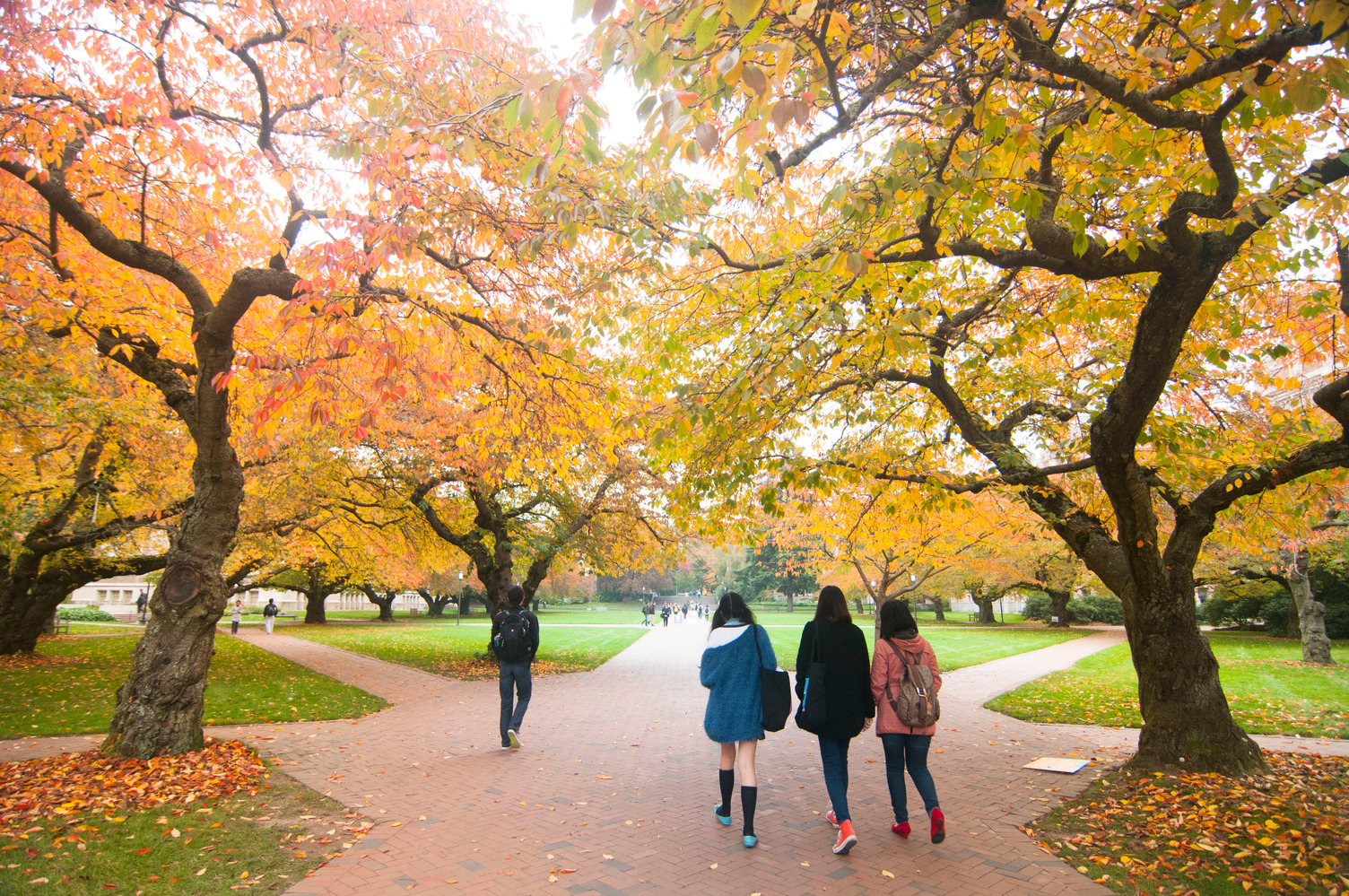National First-Generation College Celebration
In the College of Arts & Sciences, we are proud to support the success of first-generation students, faculty, and staff, and celebrate their many contributions to our university community. As we highlight a few of their stories, we join in the collective celebration of all first-generation students, faculty, and staff in the College and beyond. Learn more about University of Washington’s National First-Generation College Celebration on November 8.
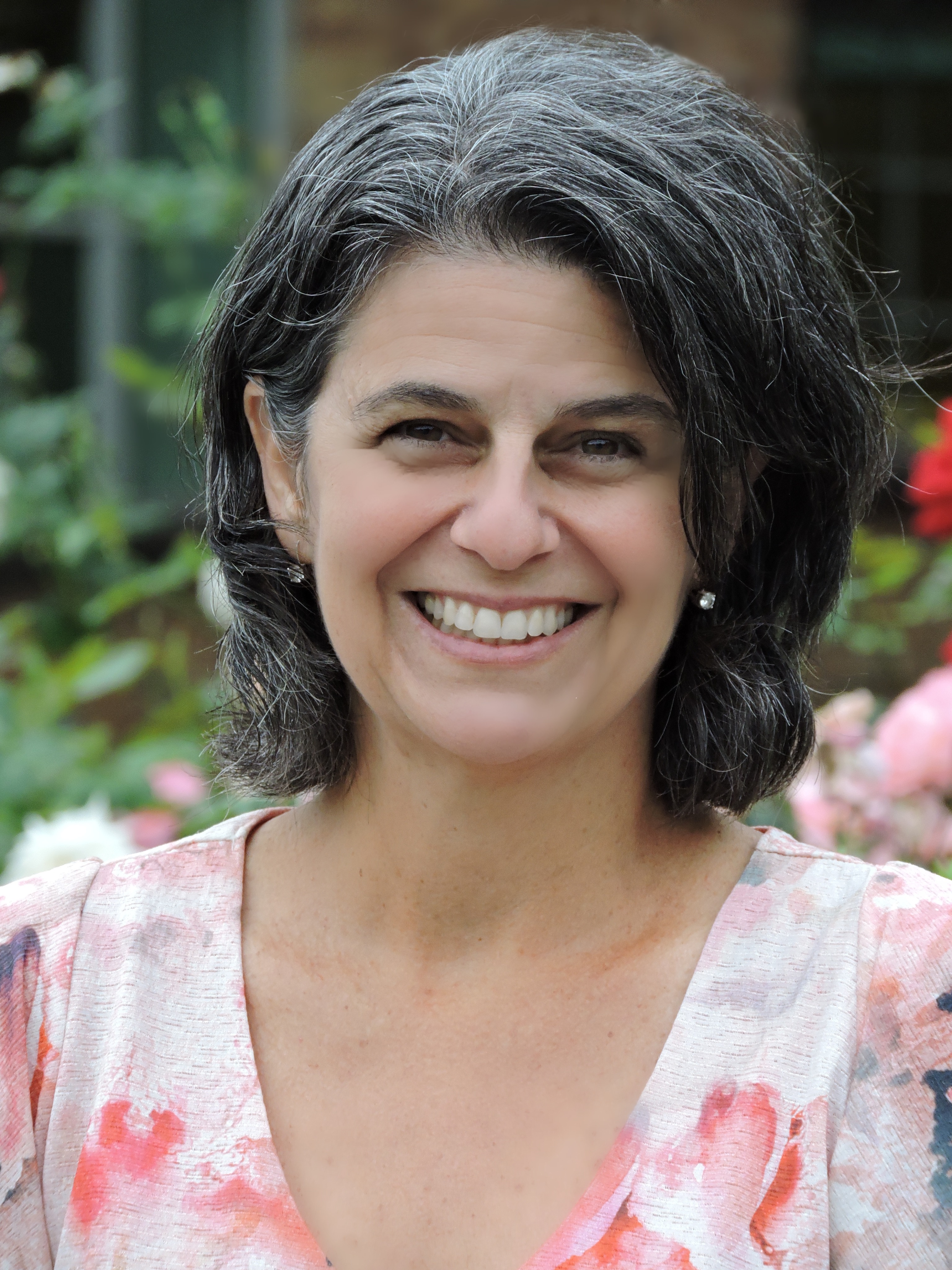
Liliana Lengua
Director, Center for Child & Family Well-Being
Maritz Family Foundation Professor of Psychology
How did the experience as a first-generation college student impact your educational and career journey experience?
Both of my parents immigrated to the U.S. in their teens, and neither was able to pursue their education when they got here because they had to work to support their families. Their experiences impacted my understanding of getting an education as both an incredible privilege and as something similar to a job. I attended my classes, got good grades and worked 20-30 hours a week to pay for school. I didn't realize that I could make more of the experience by joining, participating and connecting with opportunities, and I didn't know I needed to make connections with faculty to meet my professional goals. However, this experience also strengthened my ability to independently navigate a large public university, problem-solve and work through challenges creatively, which helped me get into graduate school and eventually become faculty at the UW.
What insights would you share with current and future first-gen students?
When in college, I thought I had to figure everything out on my own, and that if I asked for help or guidance, it was a sign that I didn't belong there. Know that you belong, and that everyone needs support, guidance and help. Talk with your faculty, meet with your academic advisors, connect with other students, and ask questions. It is possible that someone will make you feel like you are asking an ignorant question, but remind yourself: their response is not about you; you're allowed to ask. Seek out experiences and people that will help you figure out your life and professional goals. They may be as important as your grades.
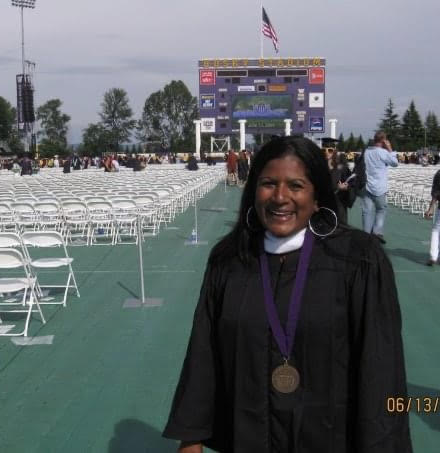
Cynthia Anderson
Director of Learning Communities / Academic Adviser, Comparative History of Ideas (CHID)
How did the experience as a first-generation college student impact your educational and career journey experience?
I first started my college experience in 2004 and remember walking on the UW Seattle campus feeling like I was never going to be comfortable here but telling myself that if I put my head down and worked hard and tried to blend in, I could have the same degree as anyone else. I surprised myself and what I got was not just that degree but my own unique experience that involved friendships, mentors, support, and opportunities that eventually led to my career. My undergraduate degree, the Comparative History of Ideas (CHID) office had a microwave (we still do) and I would go there to heat up my lunch but while waiting and sitting on the couches to eat quickly between classes I began to have conversations with the staff and faculty in the office. They learned about who I was as a first-generation student, what my research interests and future goals were, and about a month before graduating I was asked by the administrator at that time, Dr. Amy Peloff, to apply to the academic adviser job in the department and I was then hired. I know that because I didn’t just keep my head down but instead looked up and began to see myself as part of the community, I made a place for myself at the UW.
What insights would you share with current and future first-gen students?
You belong at the UW. Let yourself have the big emotions that come with being the first to do something but don’t just try and blend in – stand out! Share your story widely to faculty, staff, instructors, and your fellow students. Who you are and what you contribute to this university makes the UW better. Find your community. And the most valuable thing I can share, as I began my 17th year as the academic adviser in the CHID Department is to tell you to talk to your advisers and tell them your story, let them help open doors for you because they know that you have already had to break down so many to be where you are today. Our personal lives and academic lives are not separate, don’t be afraid to bring them together during your time at UW.
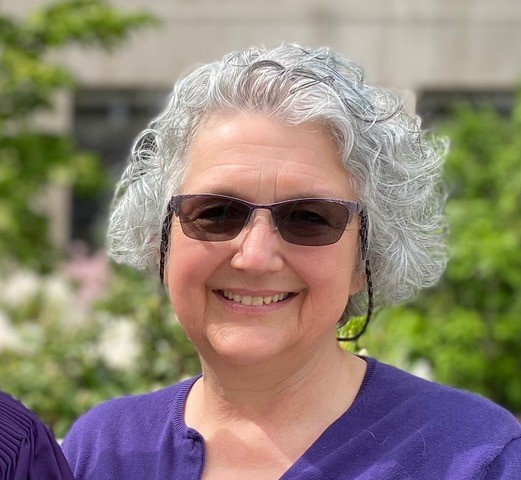
Patricia Ann Kramer
PhD, Anthropology, UW, 1998
Professor, Department of Anthropology
Program Chair, Royalty Research Fund
Associate Curator of Archaeology, Burke Museum
How did the experience as a first-generation college student impact your educational and career journey experience?
The most important way that being a first-gen student (by the way, we did not have that as a way of describing our experience back then) impacted my experience is that it limited what I felt that I could study while an undergrad. I needed to have a job when I graduated; I had people at home (older parents) that needed me. My first love was physics, but I was told “girls don’t study physics” (I kid you not!), so I eventually found structural engineering. I worked as a structural engineer for a decade until I had the support in place to go back to graduate school. Although my PhD is in biological anthropology, which people think is so different from engineering, in reality, it isn’t so incongruous. I’m still a structural engineer who studies the coolest machine ever—the human body.
What insights would you share with current and future first-gen students?
You don’t know what you don’t know. And first-gen students often don’t know some basic things about college that students who come from more educationally privileged backgrounds just seem to know. I recommend, in the strongest terms possible, that first-gen students find a faculty or staff member that they trust so that the student has someone with whom they can discuss their experience. There are lots of ways to get questions answered but sometimes you don’t even know the question to ask. Please note that I didn’t do this at first. I figured it out the hard way my senior year when this seemingly crotchety old transportation engineering professor explained how getting a job worked. Who knew!?! That’s also another insight: don’t be deceived by appearances. It is great if you can find a person who “looks like you” (whatever that means) but it is even better if they genuinely care about you and your education.
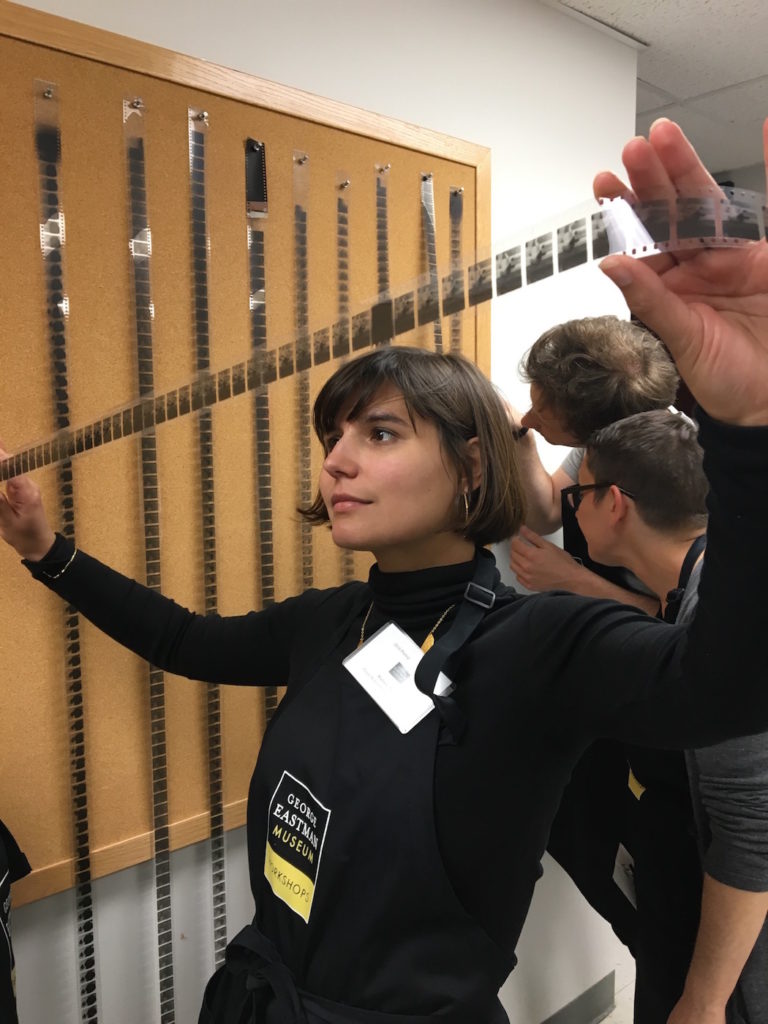
Mal Ahern
Assistant Professor, Cinema & Media Studies
How did the experience as a first-generation college student impact your educational and career journey experience?
I definitely struggled with feelings of isolation throughout my undergraduate years. Finding understanding mentors and being open with them about my needs helped a lot in that regard. It took a long time before I started to see my own background as a strength, rather than a limitation. I grew up in a family-operated auto repair shop and have several family members who work in the skilled trades. This doesn’t seem initially like the kind of knowledge that would help someone get a PhD in Art History and Film. But because I was always thinking about the craft and mechanics of making images, I wrote a dissertation on labor and technology in media. Don’t discount the ways that your life experience can give you unique insight into academic questions.
What insights would you share with current and future first-gen students?
First-gen students are often tortured by guilt—for having opportunities others did not, for not making the most of every opportunity, for ever struggling with indecision or a lack of direction. We often experience more pressure than most to pursue a degree that will translate immediately into a stable career. My family eventually supported my career choices, but I initially clashed with them over my choice of an “impractical” major. I know that economic security is more important (and harder to find) than ever. But I want to remind you that you deserve, as much as anyone, to use your time here at UW to enrich your soul. You don’t need to change your whole career path to do that: you can take electives, add a minor, or join fun extracurriculars. Whatever you do, try to find a place outside of the guilt and to take joy in learning. I finally found joy in college when I allowed myself to just be the true weirdo I am.
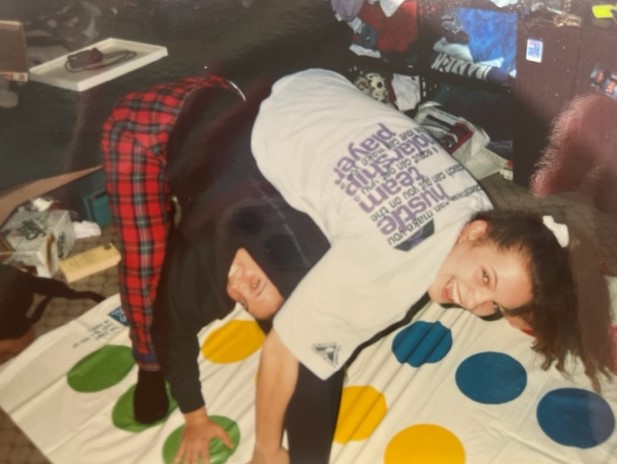
Chantel Prat
Professor, Department of Psychology and Institute for Learning & Brain Sciences
How did the experience as a first-generation college student impact your educational and career journey experience?
Trailblazing is hard, and I always felt like I had no idea what I was doing (this is still largely true, so maybe it's just me). I do remember a very embarrassing interaction with a faculty member, who told me that the way I was asking for letters of recommendation was inappropriate. Fortunately, he took me under his wing and taught me a bit about expectations. It was mortifying, but I don't think I'd be where I am today if he hadn't.
Andrea Stocco
Associate Professor, Department of Psychology and Institute for Learning & Brain Sciences
Adjunct Associate Professor, Paul G. Allen School of Computer Science and Engineering
How did the experience as a first-generation college student impact your educational and career journey experience?
Being a first-gen shapes significantly my worldview. I am sort of an extreme first-gen, since both of my parents only finished fifth grade; even as a high-school student, I was breaking new ground. I don't think it's a coincidence that I ended up becoming a professor–education always exerted a magic attraction on me, not dissimilar to the feeling of moving to a different country (which, funny enough, is exactly what I ended up doing!). So, in many ways, being first-gen made me braver, never quite feeling like I "understood" college but always flexible enough to adjust. Perhaps the most disappointing part, for me, was that I was never able to fully communicate to my parents what my achievements were. When I proudly announced that I had passed calculus, my dad visibly did not know how to respond (is it good? Bad? Hard? Normal?). Even more extreme, my dad is still uncertain about my PhD–he usually tells his friends that I have two bachelor degrees! I am sure he thinks I have been at school so long, now, that they simply cannot send me away…
What insights would you share with current and future first-gen students?
Approach college like you would approach living abroad: you lack some of the background to fully appreciate some subtle socialism dynamics, but you can make up for it–and you will end up being more observant and flexible in the process!
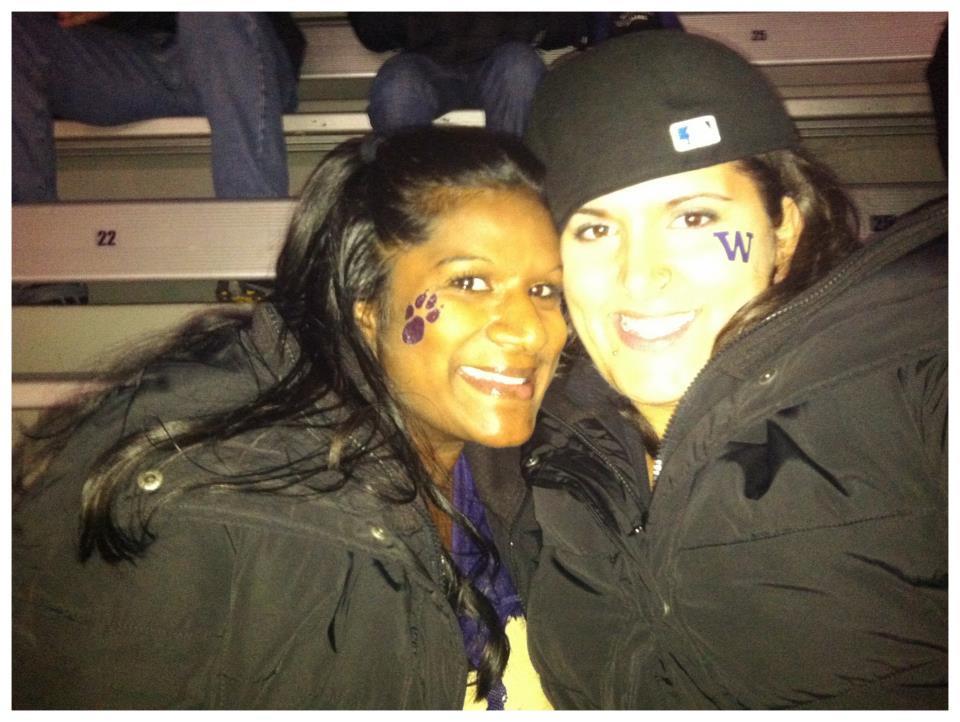
Andrea Pardo
Comparative History of Ideas alum
Counseling Services Coordinator, Microbiology
How did the experience as a first-generation college student impact your educational and career journey experience?
You don’t know what you don’t know – being first-generation at UW for me meant learning the history of our educational systems and giving academic context to my experience on campus. For me, this meant exploring access to higher education through a year-long thesis project with faculty in the College of Education and my major in CHID. It shaped my experience greatly to understand the foundations of these systems and how to break out of them.
What insights would you share with current and future first-gen students?
Collaborate! Ask questions! For many of us, working alone and being resilient got us through the doors to college, but once you’re here – use any and every opportunity to expand, to ask for help, to understand yourself in the university system. There is more here than we can imagine and it takes some pushing to make the most of your experience!
For more stories, check out UW Alumni Association's article, First-Generation College Stories.
Are you a first-generation student, alum, faculty or staff member from the College of Arts & Sciences? Please connect with us (zondagld@uw.edu) so we can celebrate you on November 8, 2023!
More Stories

A Healing Heart Returns
In February, the UW Symphony will perform a symphony that Coast Salish elder Vi Hilbert commissioned years ago to heal the world after the heartbreak of 9/11. The symphony was first performed by the Seattle Symphony in 2006.

Need a break from holiday movies? Try these
For those wanting a break from holiday movies, Cinema & Media Studies faculty and grad students offer suggestions.
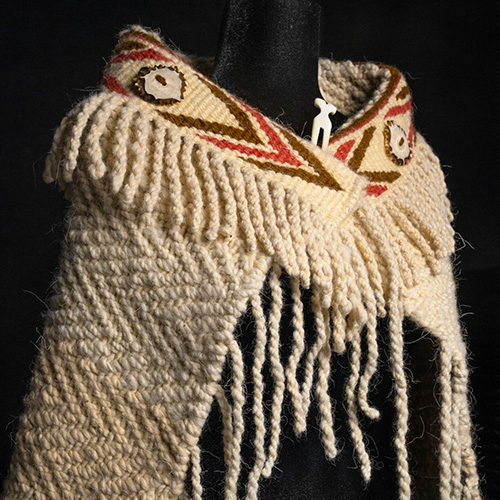
Coast Salish Traditions are "Woven in Wool" at the Burke
A Burke Museum exhibit, co-curated by Coast Salish weavers and Burke curators, highlights the importance of weaving to Coast Salish communities.
Explore Stories Across Arts & Sciences Departments
- Burke Museum of Natural History and Culture
- Center for Child and Family Well-Being
- Department of Microbiology
- Department of Psychology
- Institute for Learning and Brain Sciences
- Department of Cinema and Media Studies
- Department of Comparative History of Ideas
- Department of Anthropology
- School of Computer Science and Engineering, College of Engineering
- UW and the Community
- See 7 More Tags...
